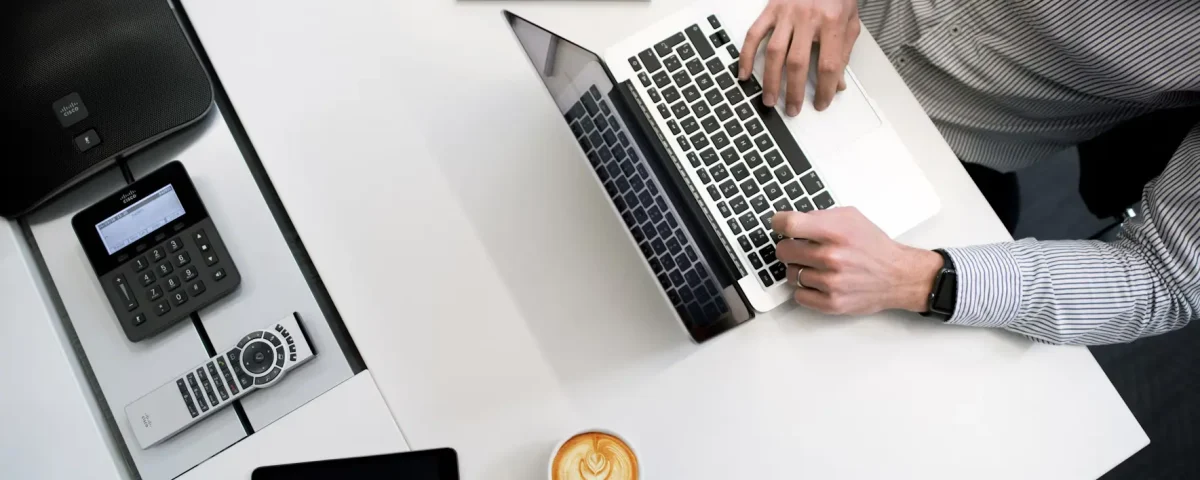
Self-assessment: 5 tips to avoid common pitfalls
19 December 2024
Top 10 Benefits of Having an Accountant
13 February 2025As a limited company, there are many business expenses you could be entitled to claim. Here’s a quick overview of which expenses may be eligible for reimbursement, along with some official guidance from HMRC to help ensure you’re on the right track.
Expenses you could be eligible to claim as a Limited Company
Accountancy Fees
A Limited Company can claim tax relief on any accountancy fees in the period. If an additional payment is required for the purpose of a Self-Assessment tax return however, this should be paid for personally (where possible) and not claimed as a company expense.
Annual Events
Your company can provide an annual event to its employees, providing it meets certain criteria:
- The event is annual, such as a Christmas Party
- The cost does not exceed £150 per head
- The event is open to all employees
Your business can have more than one annual event, but the total combined cost of the events can be no more than £150 per head- this amount is not an allowance, and should be set against the cost of an event/s.
HMRC guidance also allows for Individuals to bring one guest, who would also qualify for the £150 per head limit.
Business Entertaining
While you won’t get any tax relief for it, entertaining current or potential clients can still be paid for by your business. This may still be worth claiming whilst not allowable for tax, so you don’t need to pay for these costs using personal funds.
Business Insurance
Business insurance allows you to have peace of mind while you focus on running your business and also helps reduce your corporation tax. We have partnered up with Kingsbridge as specialist in suppling insurance to contractors, who offer 12.5% discount to any Caroola Clients. Common policies claimed include Professional Indemnity, Public Liability and Employers Liability and can protect your business from various risks.
Clothing
You are able to claim the cost of clothing via your Limited Company, providing the items being claimed would not be deemed as ‘everyday clothing’. This would include costs such as:
- Protective Clothing
- Uniforms
- Costumes
Just branding a piece of everyday clothing may not be sufficient for it to qualify as a business expense. A good benchmark is, would the clothes be something that a person in the street would recognise as a uniform? If not, then it is unlikely to meet HMRC rules and so be claimable through the company.
Computer Equipment
Any computer equipment purchased for business use, can be claimed through the business and there will be no tax implications on the individuals. Where the equipment is also used personally, this could be considered a taxable benefit and additional tax bills could become payable.
Directors Salary
If you pay yourself a salary this can be claimed as an expense and is tax deductible for your company. This can be an efficient way of withdrawing funds from your business, but it’s always worth seeking specialist advice from an accountant before proceeding with this.
Mobile Phones
A Limited Company can provide its employees with a mobile phone and without any negative tax implications. For this to be the case, the contract should be in the company name and paid directly from the company bank account. Where a device is purchased outright, you should also be claiming the cost of the sim for it to be a business expense.
Pension Contributions
Making company pension contributions can be a tax-efficient way to save for your retirement. Providing the business has the funds to do so, and a pension scheme set up to accept employer contributions, then these are treated as an allowable expense. Your pension provider can advise on the optimum contributions, and if you don’t already have one, we can refer you to one of our partners to discuss this further.
Stationery
All stationery incurred for use of the business, including printing and postage, can be claimed by your company.
Subscriptions
Some subscriptions can be paid for directly via your company and claimed as allowable expenses. HMRC provide a list of approved professional bodies which can be claimed through your business without any tax implications.
Training
For Training to be claimed via your company, it would be expected that this is in place to enhance or improve current skills that are already needed for the work which you are completing. If the training is to learn a new skill and not related to your current business activity, then there would be tax implications on the individual where this was paid for by the business.
Trivial Benefits
Your company can provide trivial benefits to employees with zero tax implications on the employee, as long as it meets the following criteria:
- None of the benefits cost more than £50
- This cannot be cash or a cash voucher
- The benefit cannot be a reward for work or performance
- There is no contractual entitlement to the benefit
Where a business is a close company (a company ran by 5 or fewer shareholders), a director cannot receive benefits worth more than £300 in a tax year.
Working from Home
Where you use any part of your home for business, you are able to claim for the additional costs incurred as a result of you working from home. The simplest way is to claim the HMRC approved rate of £26 per month (£6 per week).
Where over £26 per month is claimed, HMRC expect you to use a “reasonable” method to calculate the amount. What is “reasonable” can be difficult to quantify, however the below is a primary example of this.
- Count up all the rooms in your home (Normal living spaces so excluding any hallways/bathrooms/garages)
- Identify the rooms which you complete the work in, and for how long (any room used 100% for business, may have negative tax implications when you come to sell your home in the future)
- For each bill (variable only – Heat and Electricity) evenly split the cost by either the number of rooms, or the square footage of each room
- Apply the percentage of work use to the relevant room costs, giving you a total Working from Home.
- Please note that any income received from this may have to be declared on your personal tax return as rental income.
Temporary Workplace – 24 Month Rule
To claim any costs incurred for travel (whether that be Travel, Mileage, Subsistence or Accommodation) then your workplace should be considered temporary. A workplace is normally considered temporary if you expect to work there for less than 24 months.
However, at the point at which you are informed that you will be expected to attend the same site for 24 months or more, then the site will be deemed a permanent one from that point, and you cannot claim travel costs.
If the work being undertaken is at multiple sites, you may still be able to claim any travel related expenses for sites where no more than 40% of your working time is spent.
Accommodation
Where an overnight stay is required whilst completing work at a temporary workplace, the accommodation cost can usually be claimed. This must be a necessary accommodation and is expected to be reasonable for the work which is being completed. If the accommodation is for both business and personal use, the business element of the expense should only be claimed.
If you travel overnight, any meals incurred which are necessary (breakfast or evening meals) can be claimed. Where overnight stays are required, you are also able to claim for incidental expenses such as laundry costs or purchasing a newspaper. For those expenses, you can claim £5 per night without any tax implications, or £10 per night if the travel is outside of the UK.
Mileage
Mileage can be claimed where you are using a personal vehicle to complete business travel, which is in place to cover any variable costs (e.g. Fuel) and the wear and tear of the vehicle.
| Mode of Transport | First 10,000 Miles (per mile) | Over 10,000 Miles (per mile) |
| Car/Van | £0.45 | £0.25 |
| Motorcycles | £0.24 | £0.24 |
| Bikes | £0.20 | £0.20 |
For mileage to be claimed you are expected to keep a log of each journey and location, as well as the number of business miles covered. VAT can also be reclaimed on business mileage, providing a VAT receipt for the fuel within the vehicle is held.
Subsistence
Whilst working at a temporary workplace, you are able to claim the cost of your lunch providing this is an additional cost that wouldn’t have been incurred, providing you were not working at that temporary workplace.
As an example, the cost of a sandwich would be allowable, but purchasing ingredients the night before and preparing a lunch would not be seen as an additional cost – so should not be claimed.
Travel
Costs incurred for Travel can be claimed where they are incurred wholly and exclusively for business purposes as opposed to regular everyday commuting between your place of work and home.
Examples of this include travelling between different sites for the same job or travel to temporary workplaces. Any expenses that are incurred as part of the travel, whether that is Parking or congestion charges, can also be claimed via the business.
Get in touch
If in doubt about your taxes, you should always consult with a tax professional. If you’re having trouble with your expense claims and would like some help, please don’t hesitate to get in touch for a no-obligation chat with one of our qualified accountants.

